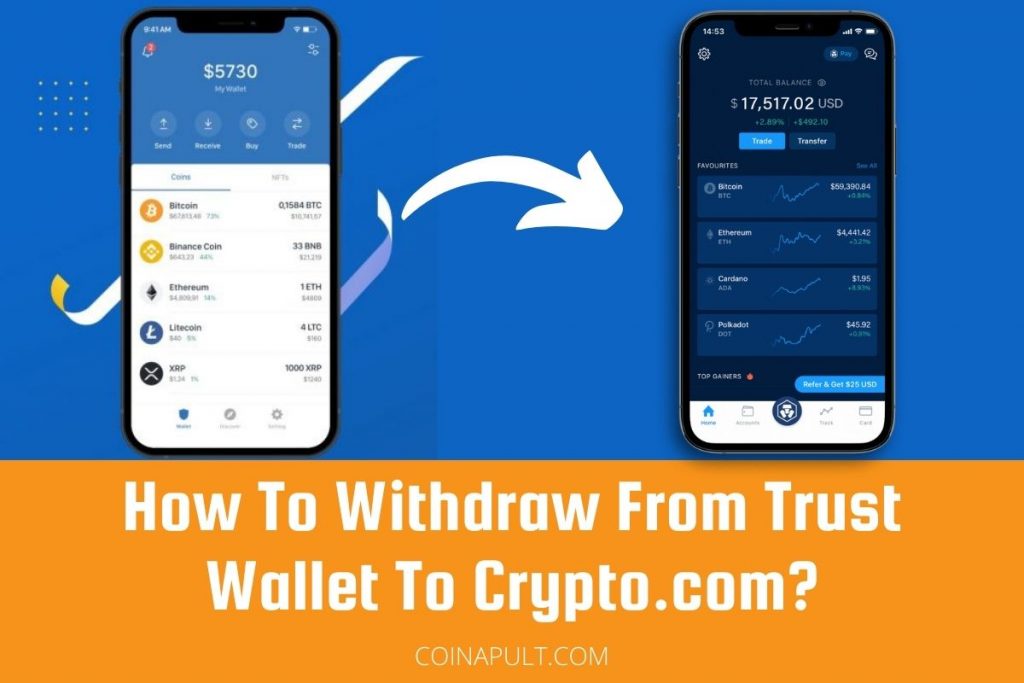Trust Wallet itself does not impose a withdrawal limit. However, the amount you can withdraw at any given time may be influenced by the blockchain network’s transaction fees and any limits set by the exchange or platform you’re transferring to. Always ensure you have enough to cover network fees.

The Evolution of Cryptocurrency
The Birth of Bitcoin
- Satoshi Nakamoto’s Whitepaper: Introduction of a decentralized digital currency.
- The Genesis Block: Creation of the first block of the Bitcoin blockchain.
- First Bitcoin Transaction: The initial transfer of Bitcoin between Satoshi Nakamoto and Hal Finney.
Altcoins and the Expansion of the Market
- Launch of Litecoin: Introduction of the “silver to Bitcoin’s gold.”
- Ethereum’s Debut: Implementation of smart contracts and decentralized applications.
- Diversity of Cryptocurrencies: The emergence of various altcoins with unique functionalities.
Technological Advancements
- Blockchain Improvements: Enhancements in scalability, speed, and security.
- Introduction of Smart Contracts: Self-executing contracts with the terms of the agreement directly written into code.
- Rise of Decentralized Finance (DeFi): Financial services on blockchain technology without traditional intermediaries.
Challenges and Solutions
- Scalability Issues: Innovations like the Lightning Network and sharding to handle more transactions.
- Regulatory Hurdles: Development of legal frameworks to support and regulate cryptocurrency use.
- Security Concerns: Advancements in cryptographic security and best practices for users to safeguard their assets.
The World of Decentralized Finance (DeFi)
Core Concepts of DeFi
- Permissionless Systems: DeFi platforms operate without central authorities, allowing anyone with an internet connection to participate.
- Smart Contracts: Automated contracts that execute financial transactions or agreements directly on the blockchain when predefined conditions are met.
- Decentralization: By leveraging blockchain technology, DeFi aims to distribute power away from traditional financial institutions and towards the users.
Popular DeFi Protocols
- Uniswap: A decentralized exchange (DEX) that allows for the swapping of ERC-20 tokens without the need for a traditional intermediary.
- Compound: A decentralized lending platform where users can earn interest on deposits or borrow assets against collateral.
- MakerDAO: A decentralized credit platform on Ethereum that supports the creation of DAI, a stablecoin pegged to the US dollar.
Challenges Facing DeFi
- Security Risks: The nascent stage of DeFi has seen numerous exploits and hacks, highlighting the importance of security in smart contract development.
- Scalability: High transaction fees and network congestion, primarily on the Ethereum network, pose significant challenges to DeFi’s scalability.
- Regulatory Uncertainty: The decentralized nature of DeFi makes it difficult to apply traditional financial regulations, leading to potential legal challenges.
DeFi’s Potential Impact
- Financial Inclusion: DeFi can provide financial services to the unbanked and underbanked populations, offering access to savings, loans, and insurance.
- Disruption of Traditional Finance: By removing intermediaries, DeFi has the potential to make financial transactions more efficient, transparent, and affordable.
- Innovation in Financial Products: The programmable nature of smart contracts enables the creation of complex financial instruments that can be customized to individual needs.
Cryptocurrency Trading and Investment
Starting with Cryptocurrency Trading
- Choosing a Cryptocurrency Exchange: Research and select a reputable exchange with a strong security record and user-friendly interface.
- Understanding Market Basics: Learn about market orders, limit orders, and trading pairs to make informed decisions.
- Risk Management: Set clear goals and limits for your trading activities to manage risk effectively.
Investment Strategies
- Long-term Holding (HODLing): Investing in cryptocurrencies with the intention of holding them for a long time, regardless of market volatility.
- Diversification: Spreading investments across different cryptocurrencies to reduce risk.
- Staking and Yield Farming: Earning interest on your cryptocurrency holdings through staking or participating in yield farming protocols.
Navigating the Market
- Technical Analysis: Using historical price data and chart patterns to predict future movements.
- Sentiment Analysis: Gauging the overall mood of the market through news, social media, and other indicators.
- Staying Informed: Keeping up with the latest cryptocurrency news, technological developments, and regulatory changes.

Security Measures
- Secure Storage: Using hardware wallets or other secure forms of storage to protect your cryptocurrency from online threats.
- Two-Factor Authentication (2FA): Adding an extra layer of security to your exchange and wallet accounts.
- Phishing Awareness: Being vigilant about phishing scams and double-checking URLs and email sources before clicking or providing personal information.
How do I find my Trust Wallet withdrawal limit?
Trust Wallet itself does not set a withdrawal limit. Limits may depend on the network or exchange you are using to transfer your assets.
Can I withdraw all my funds from Trust Wallet at once?
Yes, you can withdraw all your funds, but be mindful of network fees and potential limits set by exchanges or receiving wallets.
What are the fees for withdrawing from Trust Wallet?
Withdrawal fees depend on the blockchain network of the cryptocurrency you are transferring. Trust Wallet itself does not charge additional fees.
How long does it take to withdraw from Trust Wallet?
Withdrawal times vary by blockchain network. Transactions can be instant or take several hours, depending on network congestion.
